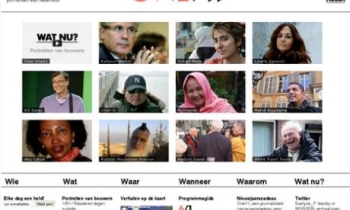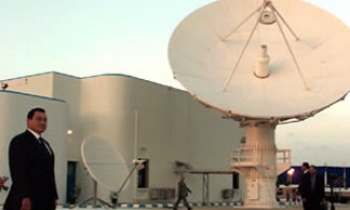INTERNET SEARCH engine Google is understood to have reached deals with several large UK news groups over carrying their content on Google News.
The deals are reputedly being kept strictly secret for fear that Google will end up having to pay for similar licences with all of the 4500 news services it carries on its news aggregator.
It now seems that Google has accepted it has lost the argument over carrying stories without paying for them.
It had long maintained that it was not in breach of copyright rules because it carries only the headline and the opening couple of sentences from each story in its service, pointing out that it was benefiting news groups by directing traffic to their websites. But, with organisations countering that consumers often just settled for news snippets and did not click through, Google lost a test case against the Belgian press in February.
It then reached an out-of-court settlement with French news wire service Agence France-Presse, which had been pursuing the company with a $17.5 million (£8.9m) lawsuit. Last year it reached a similar settlement with rival news wire Associated Press in the US.
With the English Premiership and media conglomerate Viacom on its back at the same time over alleged copyright infringements on YouTube, there have also been rumblings from traditional newspaper groups in recent weeks.
Sam Zell, the tycoon behind the recent purchase of US group Tribune, indicated that he might challenge Google's use of his company's content, and Daily Telegraph editor Will Lewis recently attacked Google during a speech at the Ifra conference in Paris.
"Companies such as Google and Yahoo are seeking to build a business model on the back of our own investment without recognition. All media companies need to be on guard for this," said Lewis.
Although the Sunday Herald could not confirm which news groups had reached deals with Google, it looks likely that it has bowed to pressure from news groups. The company did not return calls before going to press.
Google also faces fresh competition from Microsoft after that company's $6 billion deal to buy internet ad sales firm aQuantive last week.









